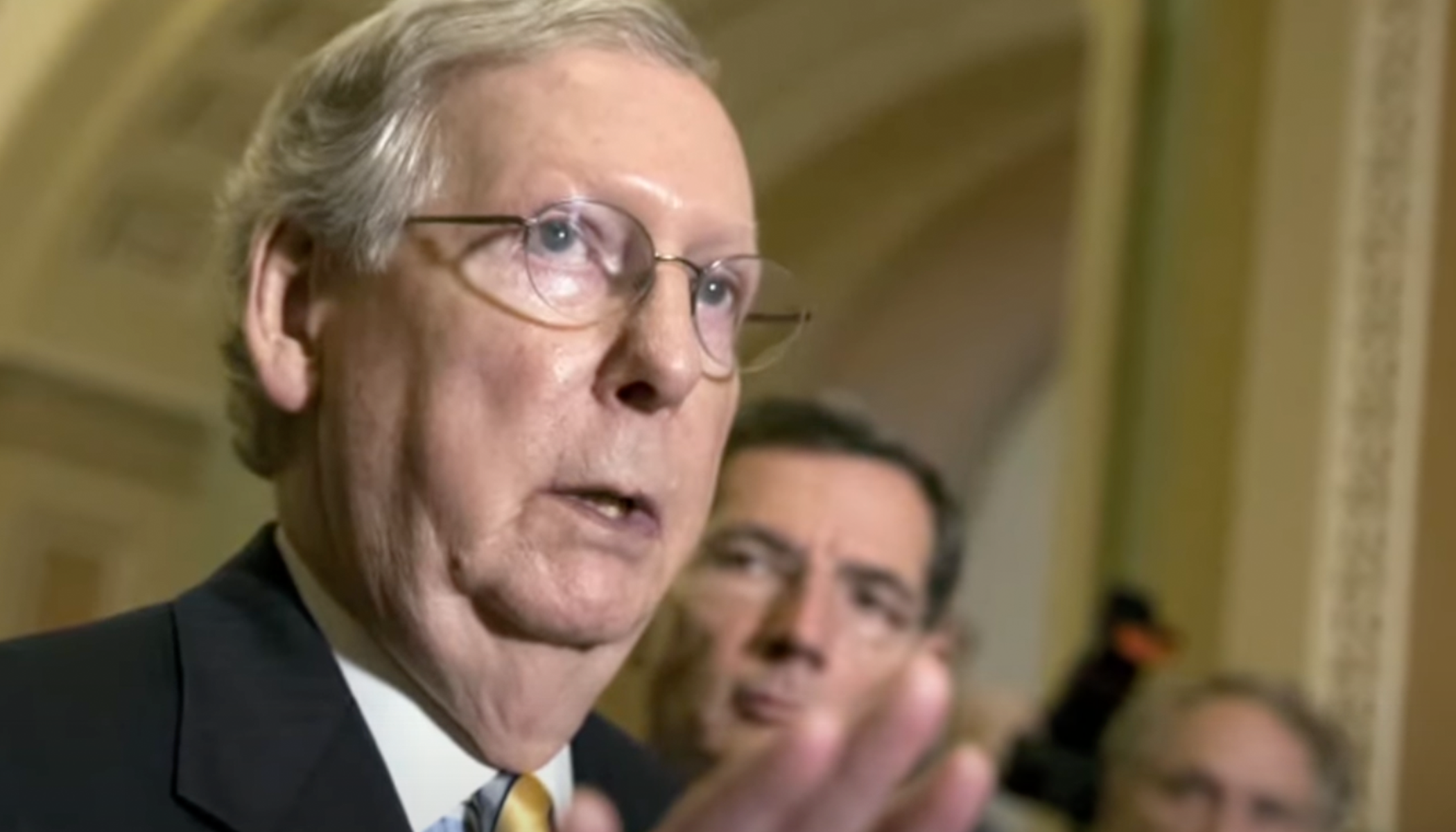Ohio Governor Meets Trump Transition Officials to Address Senate Vacancy
Ohio Gov. Mike DeWine is nearing a critical decision to appoint a replacement for Vice President-elect J.D. Vance's Senate seat, with deliberations including a recent meeting in Florida.
The appointment process has political implications for Ohio’s future leadership, prompting a high-level discussion at Mar-a-Lago, as the Washington Examiner reports.
Governor Travels to Florida
In an effort to address the upcoming Senate vacancy, DeWine traveled to Mar-a-Lago, Florida, at some point in the past two weeks. His office confirmed the trip but refrained from disclosing the specific date or the identities of the individuals he met with during his visit. The discussions reportedly involved officials from the Trump administration.
The decision to meet in Florida underscores the political significance of this appointment. However, details regarding the content of the discussions and the individuals involved remain unknown. A spokesperson for the governor's office declined to elaborate, stating, “We would not confirm with whom the Buckeye state governor met or other details of the deliberations.”
This trip adds an extra layer of intrigue to a process already fraught with high stakes and political maneuvering. It reflects DeWine’s methodical approach to selecting a candidate who aligns with both state and national interests.
Timeline for Appointing New Senator
DeWine must finalize the appointment before January’s inauguration, when Vance officially steps into his role as vice president. The decision carries significant weight as it will impact the political landscape in Ohio and the balance of power in the Senate.
DeWine has emphasized the importance of selecting a candidate who can secure victories in the 2026 special election and the 2028 general election. This dual focus on short-term and long-term electoral viability is shaping his approach to the selection process. The governor stated, “I am continuing to interview candidates who are interested in replacing Vance for the Senate seat.”
Among the candidates under consideration are high-profile figures in Ohio’s Republican Party. Each brings a unique set of qualifications and challenges to the table, making the decision a complex one.
Key Candidates Emerge
One prominent contender is Jane Timken, who serves as the Republican National Committeewoman for Ohio. Despite her loss to Vance in the 2022 primary, she remains a formidable candidate with strong ties to the GOP establishment.
Frank LaRose, the current Ohio Secretary of State, is another contender. LaRose recently experienced a setback in his political career after losing a 2024 Senate primary bid. Nevertheless, his experience in state governance makes him a viable option.
Ohio Treasurer Robert Sprague is also being considered. While less prominent than some of his competitors, Sprague’s financial expertise and statewide recognition bolster his candidacy.
Lieutenant Governor’s Role in Decision
Lt. Gov. Jon Husted is widely viewed as DeWine’s preferred successor for the governorship. Husted’s emergence as a frontrunner for the Senate seat could have significant implications for Ohio’s political future.
As DeWine is term-limited and set to leave office in 2027, his decision could shape not only the Senate race but also the state’s gubernatorial succession. Husted’s dual potential as a Senate appointee and future gubernatorial candidate highlights the interconnected nature of these decisions.
Despite this, DeWine has remained tight-lipped about his leanings, focusing instead on finding a candidate who best serves Ohio’s interests on both state and national levels.
Political Strategy and Long-Term Planning
DeWine’s decision-making process reflects a careful balance between immediate political considerations and long-term strategy. His emphasis on selecting a candidate capable of winning upcoming elections demonstrates his commitment to maintaining Republican control of the Senate seat.
Additionally, the governor’s trip to Florida highlights the role of national GOP leaders in influencing the decision. This interaction suggests that the appointment carries implications beyond Ohio’s borders.
As the deadline approaches, the pressure to make a politically sound and strategically advantageous choice continues to mount.
What Comes Next
Governor DeWine’s impending decision will mark a significant moment in Ohio’s political history. The appointment of a new senator to replace J.D. Vance is not just a matter of filling a vacancy but also of positioning the GOP for future success in state and national elections.
While the details of his deliberations remain private, DeWine’s actions thus far signal a methodical and calculated approach. The outcome of this process will have lasting repercussions for Ohio and the broader political landscape.
As the clock ticks closer to the inauguration deadline, Ohioans and political observers alike await DeWine’s final decision with keen interest.






